Parenting, Learning and The Power of Place
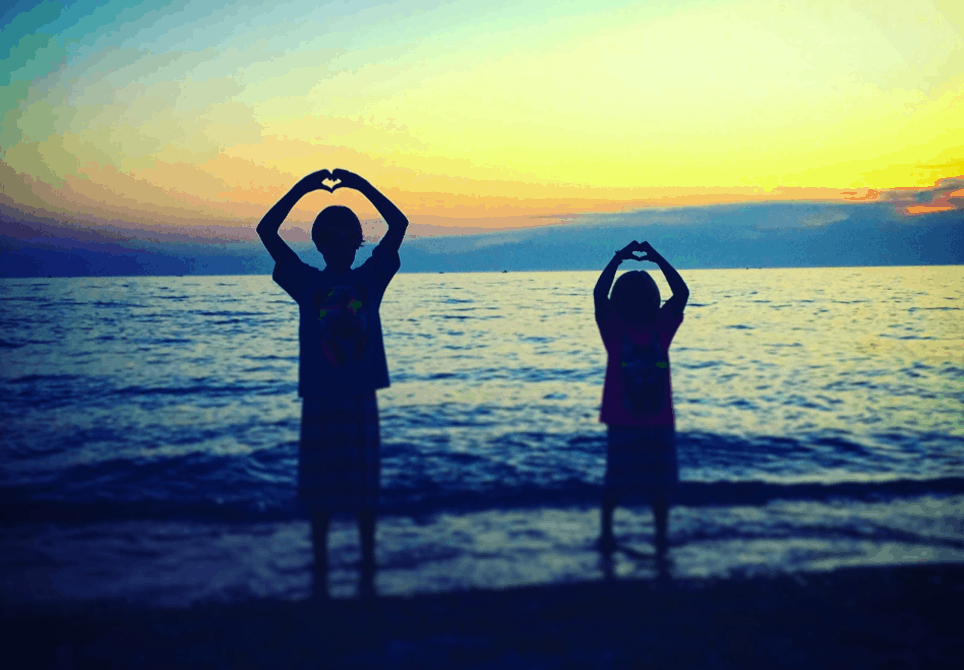
Based on contributions from dozens of parents over a year, we discovered four attributes of “smart parents” who know how to find and create powerful learning experiences for their children.
Involved. Smart Parents learn alongside their child and involve them.They promote student-centered learning by exploring options for how, where and when their children learn.
Informed. Smart Parents are informed about their children as learners. They are advocates for their learning. They use trips and technologies to activate learner interests.
Intentional. Smart Parents are intentional about creating powerful learning experiences. They cultivate mindsets and habits that support lifelong learning. They share intellectual curiosities and model the struggles and joy of learning.
Inspired. Smart Parents are inspirational as learning guides and role models. They find ways to encourage learners to try, to persist, to present, and to progress. They watch, listen, empathize, connect and activate.
We shared ideas, resources and tools for each in Smart Parents: Parenting for Powerful Learning. (Sign up here for a free e-book download in honor of the one year anniversary of the release.)
My husband and I decided to take the occasion of this year’s family vacation to the Sleeping Bear Dunes National Lakeshore to put these “4 I’s” into practice. Here’s what we learned while spending a week kayaking, climbing, hiking, swimming, wading, exploring and adventuring with our daughters (ages 5 and 9).
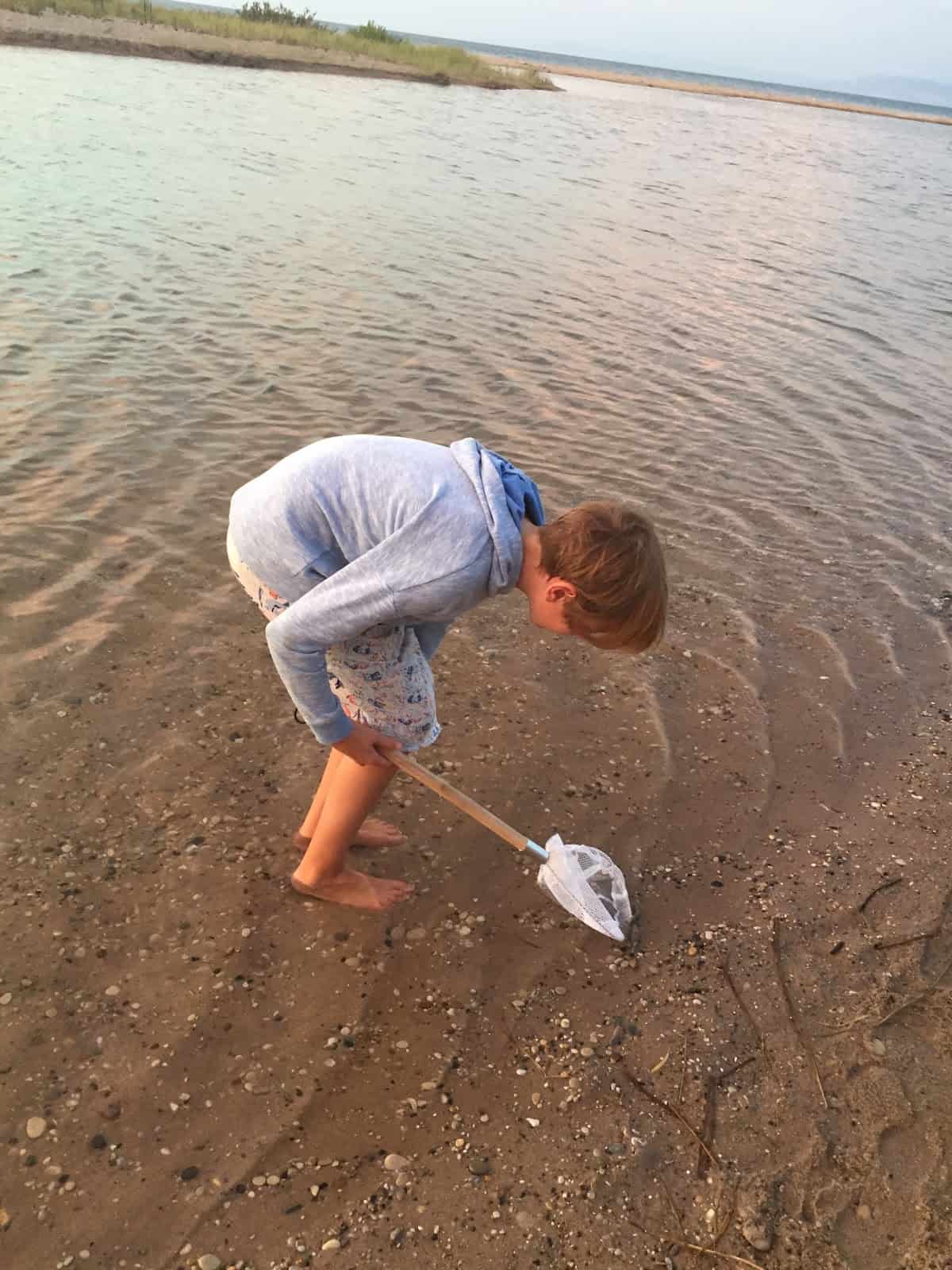 It doesn’t take much to turn an adventure into a lesson.
It doesn’t take much to turn an adventure into a lesson.
Science, math, reading, writing and everything else we teach in school really are everywhere.
We experienced and identified plants and animals in several aquatic and land habitats. We experimented in different conditions and learned how and why paper lanterns work (and don’t work). Our kids learned what erosion is and saw evidence of it happening. They learned how lakes formed, why it stays light later on the west side of a time zone and what currents are–just to name a few!
What I learned is it the only difference between a parent on vacation with their kids and a parent on vacation learning with their kids is everyone’s mindsets. We just had to be deliberate and intentional about pointing things out, asking questions and getting kids in the mindset that learning happens everywhere.
It wasn’t long before our kids were asking us questions and we were heading to the Visitor Center to get the answers to the ones we couldn’t find on our own. Once we were “in the habit” of looking for learning, every place we went offered a new opportunity.
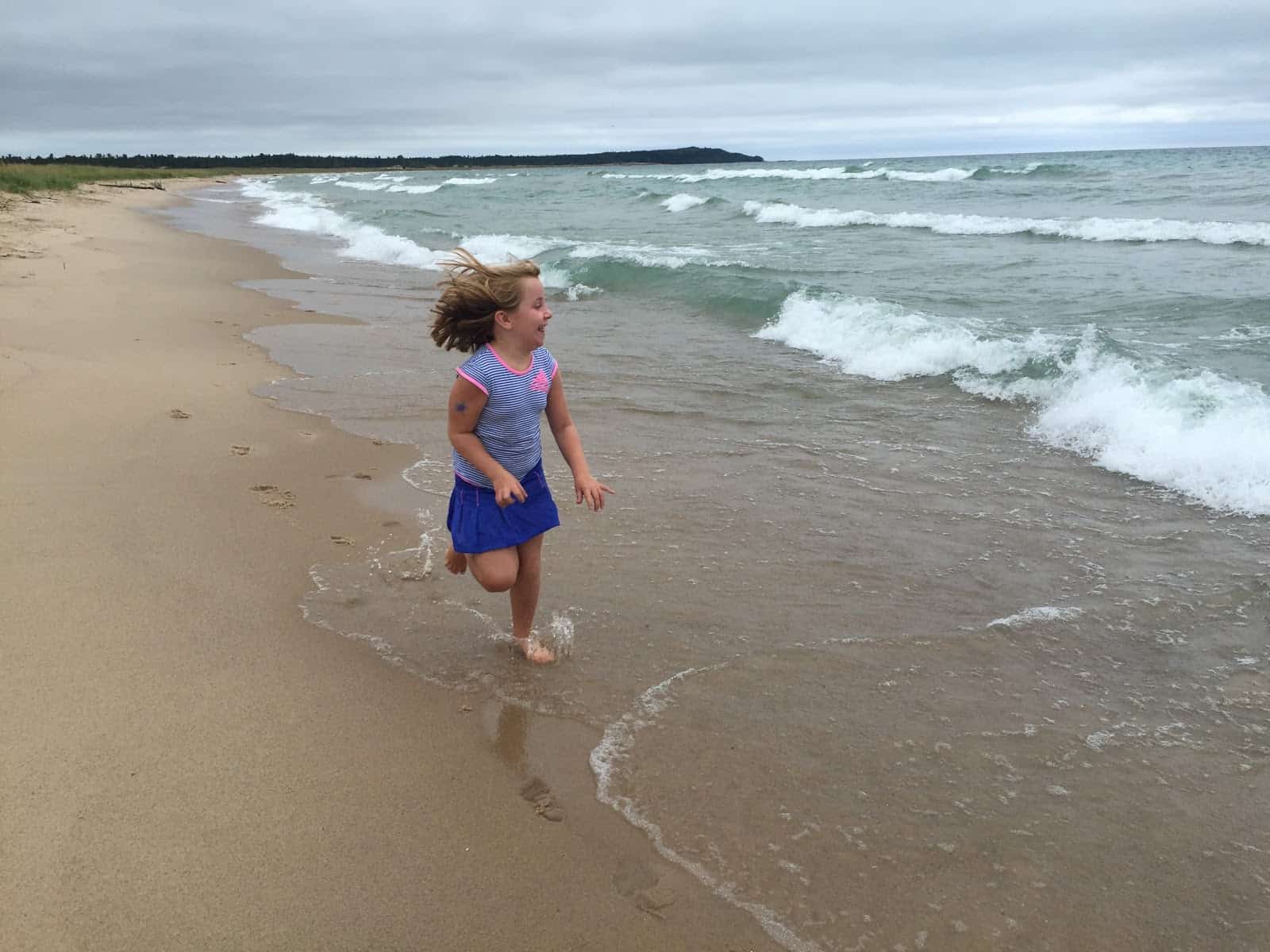 We send an important message when we connect learning to fun.
We send an important message when we connect learning to fun.
I was recently listening to a great podcast where ed leaders were talking about the belief so many of us still hold that learning is drudgery. In schools where kids are actively engaged in learning that is fun, parents are heading to the office asking “but, are they learning?” It’s hard to turn off the belief that learning is just work.
We do an enormous service to our kids when we make learning fun and when we talk about having fun as a path to learning. Like we found in Smart Parents, this doesn’t take much. It can be as simple as modeling and naming it when it happens.
It’s just as important to share with kids when our own curiosity is piqued and when we learn something new as adults. In this case, the message is that learning doesn’t just happen in school–learning is sparked by following your curiosity, asking questions and experiencing the world in a way that doesn’t end at graduation.
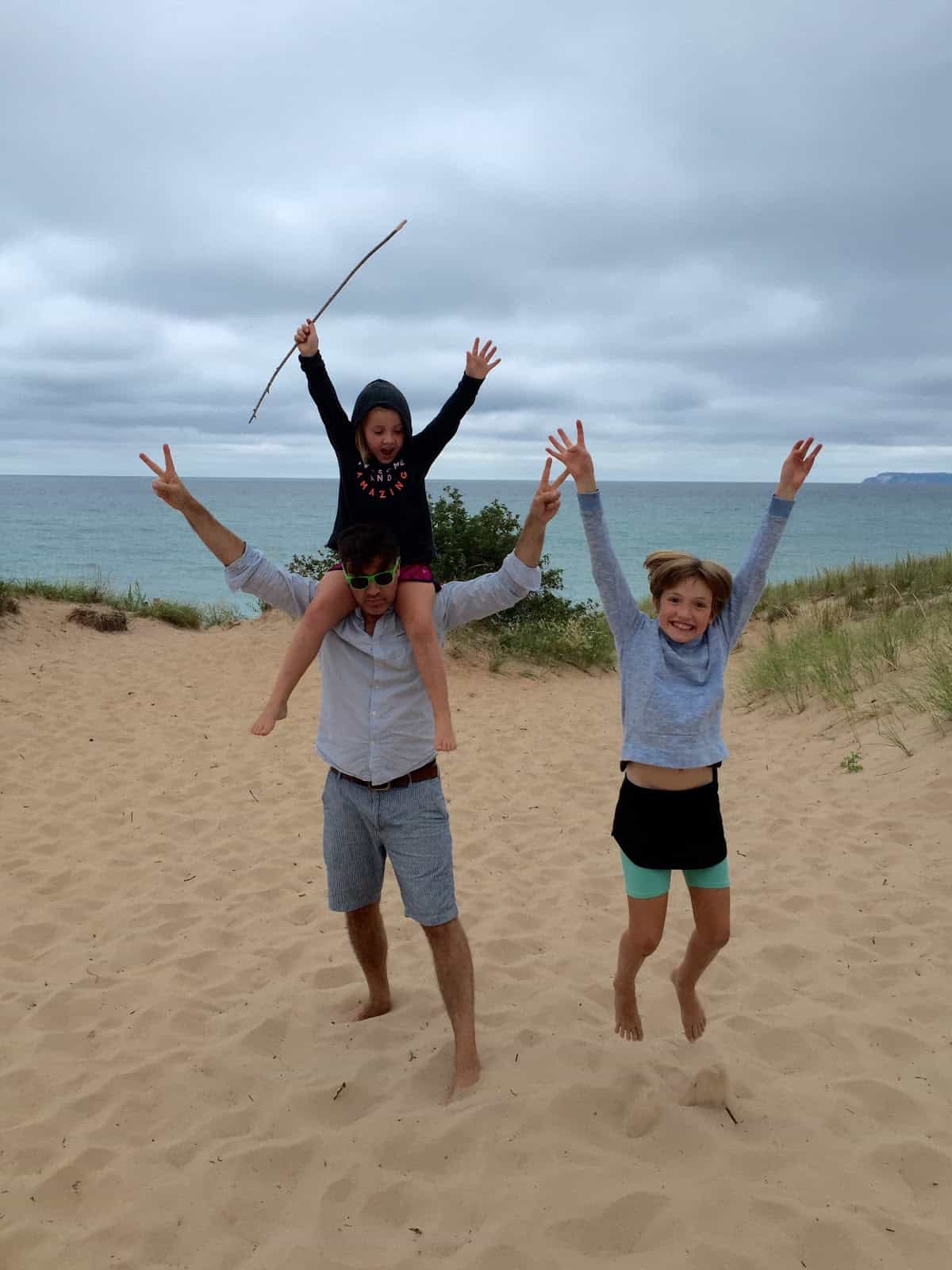 Sometimes the lesson has more to do with social-emotional learning than academic learning.
Sometimes the lesson has more to do with social-emotional learning than academic learning.
The day we did a rigorous 3 1/2 hour sand dune hike to Lake Michigan, our girls were coincidentally wearing matching shirts that said “Solid Heart, Strong Body.”
The girls received a lot of comments along the trail from people of all ages who had given up and turned the other way, telling them that they should feel proud, that they were strong and brave, and encouraging them to keep going.
We distracted them from the work by framing each hard climb as the path to the fun sprint down the dune on the other side.
We counted mile markers and tracked steps on the FitBit. We talked about persistence and grit and how it applies on a sand dune and in life. We celebrated our victory and set goals for future challenges.
(Then we ran as fast as we could down the final giant dune holding our hands up in the air in victory and giggling all the way down to the car.)
When you step outside your daily life, you build a new awareness of it.
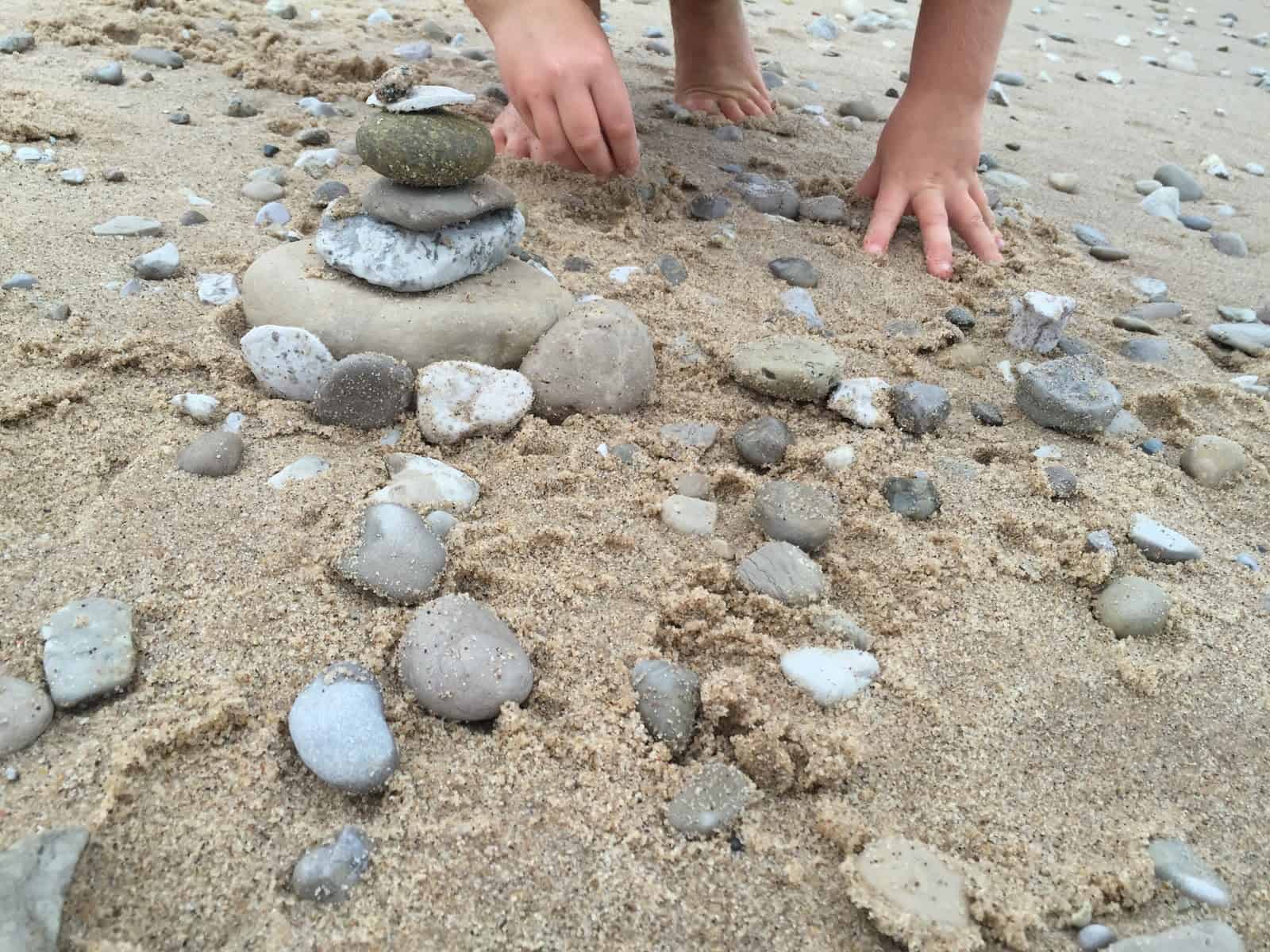
Our time at the Platte River Campground was spent in a 27-foot camper. While this felt like an enormous luxury compared to the tents we were used to inhabiting in our former life before kids, suffice is to say that a 27-foot camper is significantly smaller than the home we live in the other 51 weeks of the year.
Living out of one bag each and sharing such a small space gave us a new perspective on our daily habits at home. We learned for example that we use A TON of water every day.
Conserving water in the camper gave us a real understanding of just how much water we use to do regular tasks like washing dishes, taking showers and doing laundry without really thinking too much about conservation of water at home. This led to great conversations about how we could take these realizations and turn them into new practices at home.
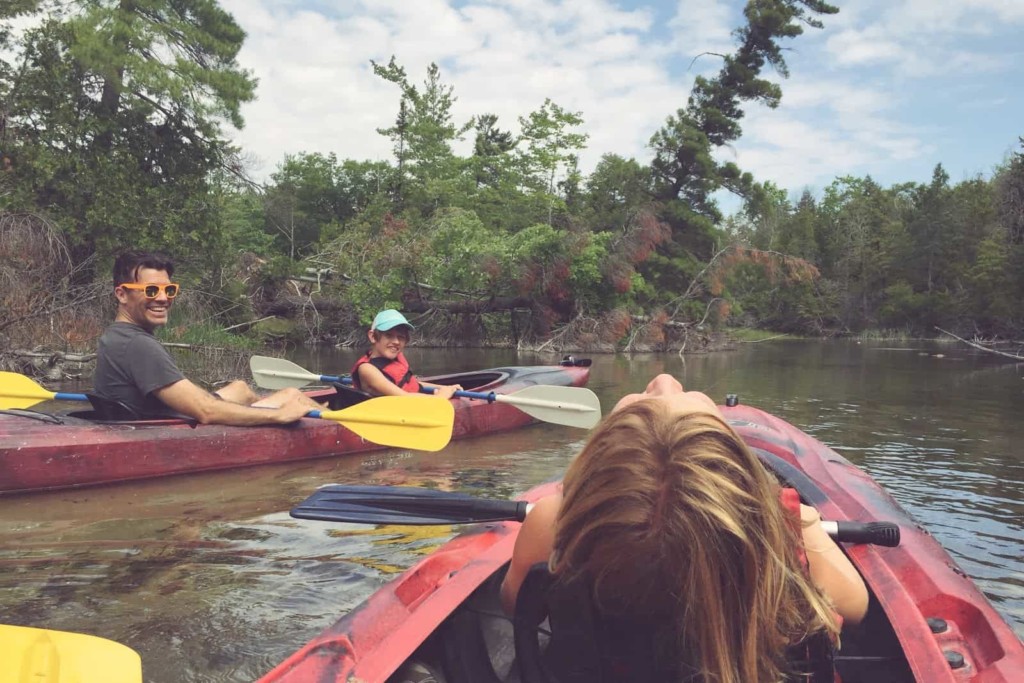 You don’t have to travel far.
You don’t have to travel far.
We have several national parks within a one day drive of our home–and that’s just national parks! Being intentional about learning on our vacation gave us a new lens for viewing the world.
Suddenly opportunities to learn in our own neighborhood, community and city began to crop up everywhere! (The formal word for this is place-based education or place-based learning.)
It’s true that there are other things we’d add to this list–especially if there are any parent readers looking for actual advice about hiking a sand dune. (#1- don’t even let your 5-year-old know that hitchhiking on shoulders is an option).
The biggest takeaway for us that we wanted to share is that, as parents, we can all do a better job of getting out into the world and learning together.
I’d love to hear your examples of how you’ve learned alongside your kids or the kids in your classroom. Add a comment or share using #PlaceBasedEd on social media.
This blog is part of our “Place-Based Education” blog series. To learn more and contribute a guest post for the series, check out the PBE campaign page. Join in the conversation on social media using #PlaceBasedEd. For more on Place-Based Education see:
- Genius Loci: Place-Based Education & Why It Matters
- 20 Schools and Networks That Educate With A Sense of Place
- 5 Tips for Testing the Place-Based Education Waters
Stay in-the-know with all things EdTech and innovations in learning by signing up to receive the weekly Smart Update.


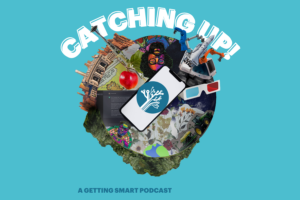

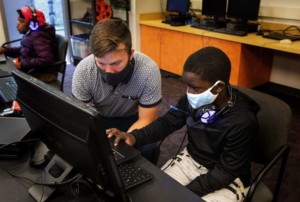
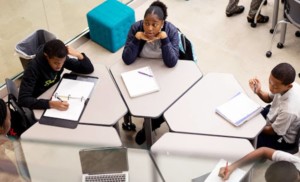

Bob Donnelly
Loved this article - having raised 3 wonderful now-20 somethings, all knowing the deeper personal, non-materialistic definitions of success and happiness. However you only had me up the part about the 27 foot trailer. To deny the girls the joy and the parents who were previously tent campers the observational rewards of camping in tents and getting a bit dirty was a miss. And to engage in a 27' trailer option which is, to put it politely, an environmental and lifestyle anomaly/joke/embarrassment, was another lesson missed.
Thanks and happy trails!!!
Bob Donnelly, Ottawa Ontario
Replies
Carri Schneider
Thank you so much for your kind words and thoughtful comment. This is exactly why I appreciate blogging as an opportunity to "put myself out there" and get feedback from others. While I wouldn't agree that our decision to take a camper this time (but certainly not every time we've gone camping) is a joke or embarrassment, I will share your perspective with my family and we will discuss the lesson in that. Be well, Carri
gary gruber
Here are a some questions to ask when kids are immersed in an experience where learning can easily be endorsed, expanded and remembered. 1. Are they engaged mentally, physically and emotionally? 2. Do they want to continue the experience or the activity?
3. Would they like to do it again, or come back another time and continue further on? 4. What have they seen, what caught their attention, what would they like to know more about what they're doing? 5. What can they think of that might be related to this experience or another one that is different that they would like to explore? 6. Is this something they would like to write about or find out more information from other sources? 7. What would they like to share with friends and relatives about what they have learned? 8. Is there someone they would like to meet or talk to who might know more about this subject?
Carri Schneider
Thanks so much Gary! We would love a guest blog from you with that list! Here are more details on submitting. http://www.gettingsmart.com/gettingsmart-staging/placebasededucation/
Also - I love your website!!